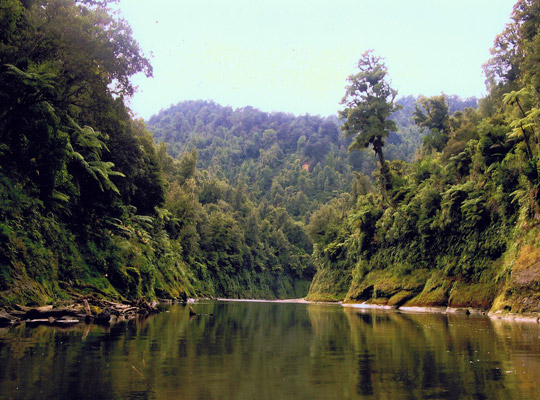“The Corps’ covering for the pipeline company’s outrageous safety record and the reviewer’s serious conflict of interest have now resulted in a failed effort,” said Standing Rock Sioux Tribe Chairwoman Janet Alkire. “They need to start over with adult supervision.”
By Jon Queally. Published 9-10-2023 by Common Dreams

Standing Rock Sioux Tribe Chairwoman Janet Alkire is leading a fresh demand that the U.S. Army Corps of Engineers throw out an ongoing environmental review process of the controversial Dakota Access Pipeline and start again from scratch alongside a superseding call for the pipeline to be shuttered completely.
Following Friday’s release of a revised Environmental Impact Statement (EIS), ordered by a federal court, the tribe said the document reveals the entire process has been a failure and that the pipeline—currently operating across their land without consent in what they consider an “illegal” manner by the Energy Transfer company—should be shut down once and for all.
Continue reading



